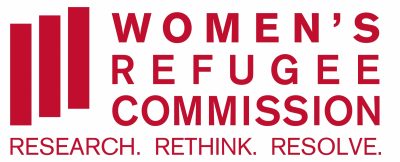The Women’s Refugee Commission will share key findings from a mixed-methods study assessing the landscape of family planning services across diverse, crisis-affected settings. The study included:
- Key informant interviews before and after the start of the COVID-19 pandemic, including nearly 30 interviews exploring the effects of COVID-19 on family planning in crisis settings
- Three case studies examining family planning service provision in Cox’s Bazar, Bangladesh; Borno State, Nigeria; and Cyclone Idai-affected Mozambique
- A coverage survey of implementing agencies
- A literature review
During this interactive consultation, participants will work in small groups to develop evidence-based recommendations for governments, donors, and implementing agencies to improve access to the full range of family planning methods from preparedness, to acute humanitarian response, to protracted response and recovery.
Why Family Planning in Crisis Settings Matters
When emergencies strike, many women and girls are forced to contend with an unmet need for family planning and unplanned pregnancies, in addition to the traumas of conflict, disaster, and displacement. Evidence shows that it is feasible to provide family planning services in humanitarian settings and that women and girls affected by crises want access to and will use family planning when it is available and of adequate quality. Yet significant barriers remain to achieve universal access to family planning for women and girls in crises. This interactive virtual consultation will explore progress, barriers, and the next steps for the field.


